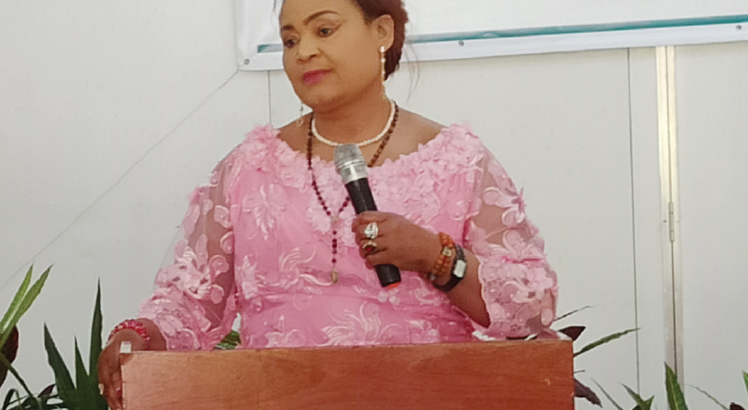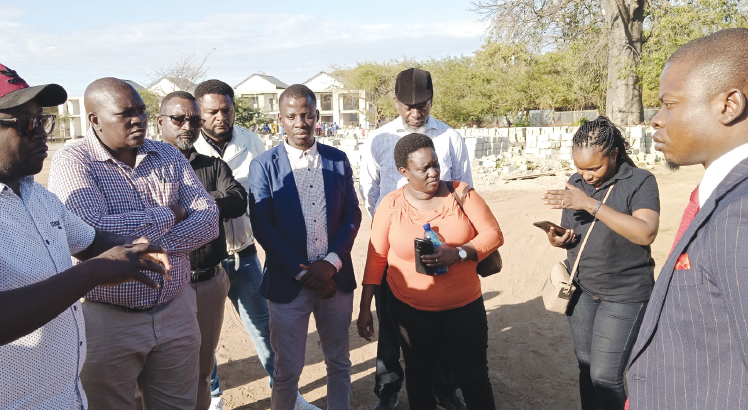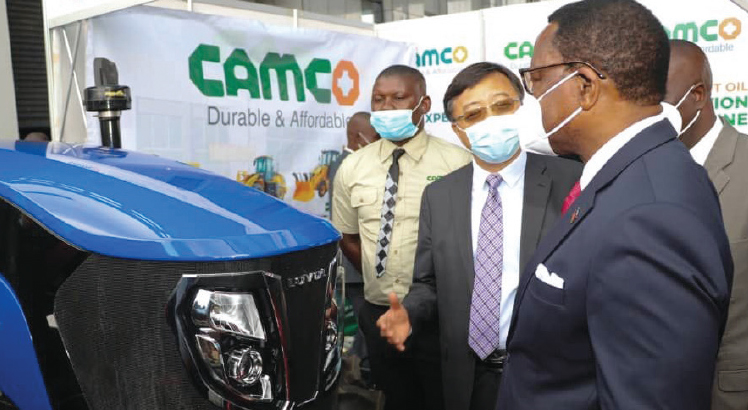The World Bank in Malawi has released two gender-related reports that reveal the need for increased efforts to reduce existing gender gap and gender-based violence incidences in the country.
Launched in Lilongwe yesterday, The Malawi Gender Assessment and Malawi Gender-Based Violence Assessment reports reveal that despite legal and policy reforms to support gender equality and women’s empowerment, there is need for increased investments to strengthen systems and structures on the ground.
Speaking during the launch, World Bank country manager Hugh Riddell said promoting women and girls economic empowerment is a high priority for the bank in Malawi.
Kaliati: We must move with
action from today
He said: “Together, these two reports offer a real comprehensive overview of the many opportunities and challenges that women in Malawi face.”
Riddell said the World Bank was motivated by the urgent need to move the needle on growth and poverty reduction in Malawi, and put the development trajectory of the country on a new path.
“Malawi’s women have enormous untapped potential to generate jobs, drive growth and reduce poverty. This is simply not possible if 42 percent of women are married under the age of 18 and with incidents of intimate partner violence at levels higher than most parts of the world,” he said.
Minister of Gender, Community Development and Social Welfare Patricia Kaliati, who was the guest of honour, said government and its partners, including the World Bank, is committed to ensuring that women and girls are protected from GBV and that they are given an opportunity to thrive and live a better life.
“I am further encouraged to see that we have an enabling environment to achieve these goals. We, therefore, must move with action from today,” she said.
During the launch, there were two panel discussions where experts drawn from the civil society, government and development partners reflected on the reports’ contents.
Commenting on the GBV Assessment Report, one of the panellists, Malawi Human Rights Commission executive secretary Habiba Osman said the report was vital, especially coming after Covid-19 during which increased recorded cases of GBV.
She said increased cases of GBV is a reflection that more people are aware of the vice and that more data is being collected which shows progress in the fight against the vice.
The Malawi Gender Assessment Report identifies some of the main drivers of gender gaps in Malawi as including inequalities in human endowments, economic opportunities, ownership and control of land, gender-based violence and low access to credit.
On the other hand, the Malawi GBV Assessment Report has identified that the drivers of high rates of GBV and intimate partner violence.
To address GBV, the report recommends that the government and partners increase investments towards GBV response and service delivery and to scale up programmes that support economic empowerment initiatives of GBV survivors and those at risk.
The post World Bank dares Malawi on violence, gender gaps appeared first on The Nation Online.
 Moni Malawi
Moni Malawi 

